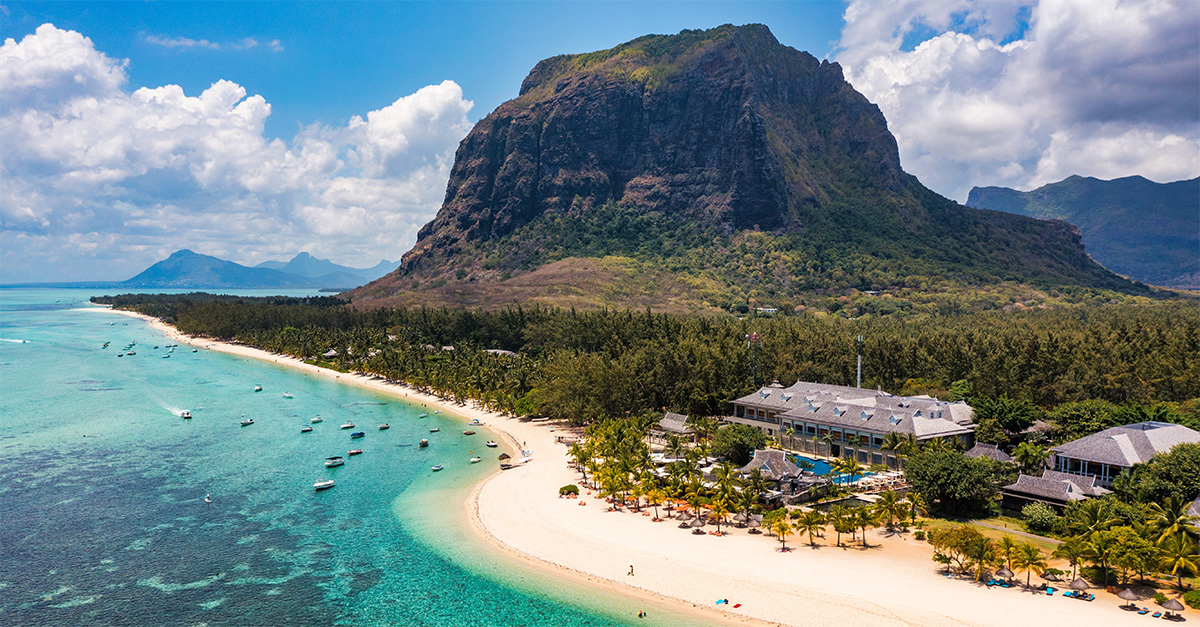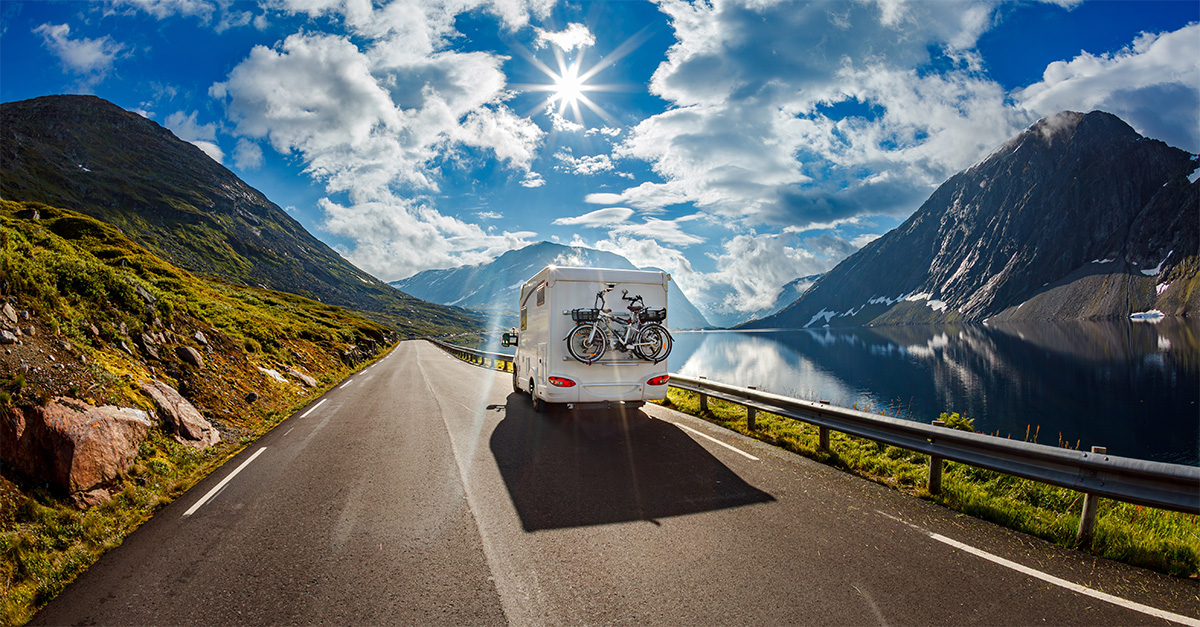With a power-sharing deal finally in place, Matthew Hampton asks: Is it time to go back to Zimbabwe?
“That’s it. We’re finished now,” said the person sitting next to me.
It is exactly the kind of thing I expected to hear in Zimbabwe. Fortunately, the Guinea free kick, from just a few yards outside the box, fails to penetrate the home team’s defence. The crowd are elated.
Rufaro Stadium, in one of Harare’s poorest neighbourhoods, feels far removed from Zimbabwe’s problems. The national side – the appropriately nicknamed Warriors – is playing a World Cup qualifying match. Their flamboyant attacking style, so typical of African teams, certainly bodes well for the 2010 competition.
We cheer and buy handfuls of peanuts and everything seems normal, although, of course, it is not. Outside, prices change every other day, food is scarce and power cuts are common. There are plenty of cars on the road, indicative of a thriving black market in petrol. In fact, the black market is thriving everywhere. It’s often the only way to survive.
It seems odd then, to be on a state-sponsored visit to promote tourism. Is it even safe? The Foreign Office has given tacit approval: it changed its travel advice for Zimbabwe at the beginning of the month, warning only against travel to poor, high-density suburbs and certain rural areas. Whether or not it is ‘right’ to do so is less clear. But the Zimbabwe Tourism Authority is in no doubt.
At a press conference in Harare, ZTA chief executive Karikoga Kaseke blasted the world’s media for an unfair portrayal of his country.
“If you find blood on the streets of Harare, if you see people shooting, killing each other, please write that. But we have nothing to hide.”
Astonishingly, Kaseke claims there was no violence in this year’s disputed presidential election that TV footage was doctored. He also lays the blame for Zimbabwe’s economic problems at the foot of the British government, for using its influence in the European Union and United Nations to impose sanctions.
His rhetoric is every bit as audacious as the Warriors’ all- or-nothing style.
Two comments, however, ring true. First, that refusing to visit hurts not Mugabe or his cronies, but the half a million people who used to be employed by the country’s tourism industry.
Secondly, that the real attraction of Zimbabwe is not Victoria Falls or its national parks, but its people. Wherever we visit on our six-day tour, we receive a welcome and hospitality that far outstrips what one could expect of such a beleaguered country.
So should you visit? There is no easy answer. Karyn Beattie – a Zimbabwean living in London – is a disaster management officer at development agency Tearfund. She pointed out people are already dying of malnutrition and that famine is a real possibility should the situation worsen. “Obviously, it’s hard to consider going on holiday to somewhere this is going on.”
But the collapse of the tourism industry, she added, has been a disaster for ordinary Zimbabweans.
“Anyone working in tourism is likely to be supporting four or five other families with their pay, so visiting provides a real opportunity to help.”
Travellers may worry their money also helps prop up a corrupt government, but last week’s power-sharing deal at least signals a possibility of change and gradual loosening of Mugabe’s grip on power.
For those who decide to go, there are obvious hurdles to overcome, not least financial. The currency situation is bewilderingly complex, with the exchange rate fluctuating daily. People queue for hours to get into a bank, and while the black market is an option for those with foreign currency, it is easy to be ripped off.
In any case, many hotels demand bills are settled in US dollars or South African rand – credit cards are no use at all. It’s an opportunity, at least, for well connected tour operators to sell fully inclusive packages, reducing the need for clients to carry around fists full of dollars.
Back at Rufaro the final score is 0-0. After a brief respite from their problems, the crowd filters back into reality, and a group of boys scratches around the peanut shells, looking for anything edible. For now at least, it’s stalemate for Zimbabwe.
Selling holidays to Zimbabwe: Pros and cons
For
- People: Zimbabweans are friendly and welcoming. In line with Foreign Office advice, safety is not an issue in major cities or tourist resorts.
- Animals: Poaching has been a problem, but there is still good big five viewing in national parks such as Hwange, Mana Pools and Gonarezhou.
- History: Cave paintings, the Great Zimbabwe ruins, the Rhodes Memorial – the story of Africa is here, from prehistoric to post-colonial.
- Victoria Falls: The widest falls in the world offer a mix of high-adrenaline activities such as bungee jumping and white-water rafting, or cruises down the Zambezi.
Against
- Ethics: Tourism generally confers approval on a country’s leadership. It’s too early to say just how effective the power-sharing deal will be.
- Food: There are few food shortages in the hotels, but in rural areas malnutrition is a serious threat. Some may feel uncomfortable holidaying in these circumstances.
- Petrol: Before the troubles getting around was easy – the roads are in excellent condition – but fuel is expensive and in short supply.
- Electricity: Power cuts are common, although not such a problem in resorts – back-up generators are available.
Matthew Hampton’s fee for this article will be donated to Tearfund and Oxfam




